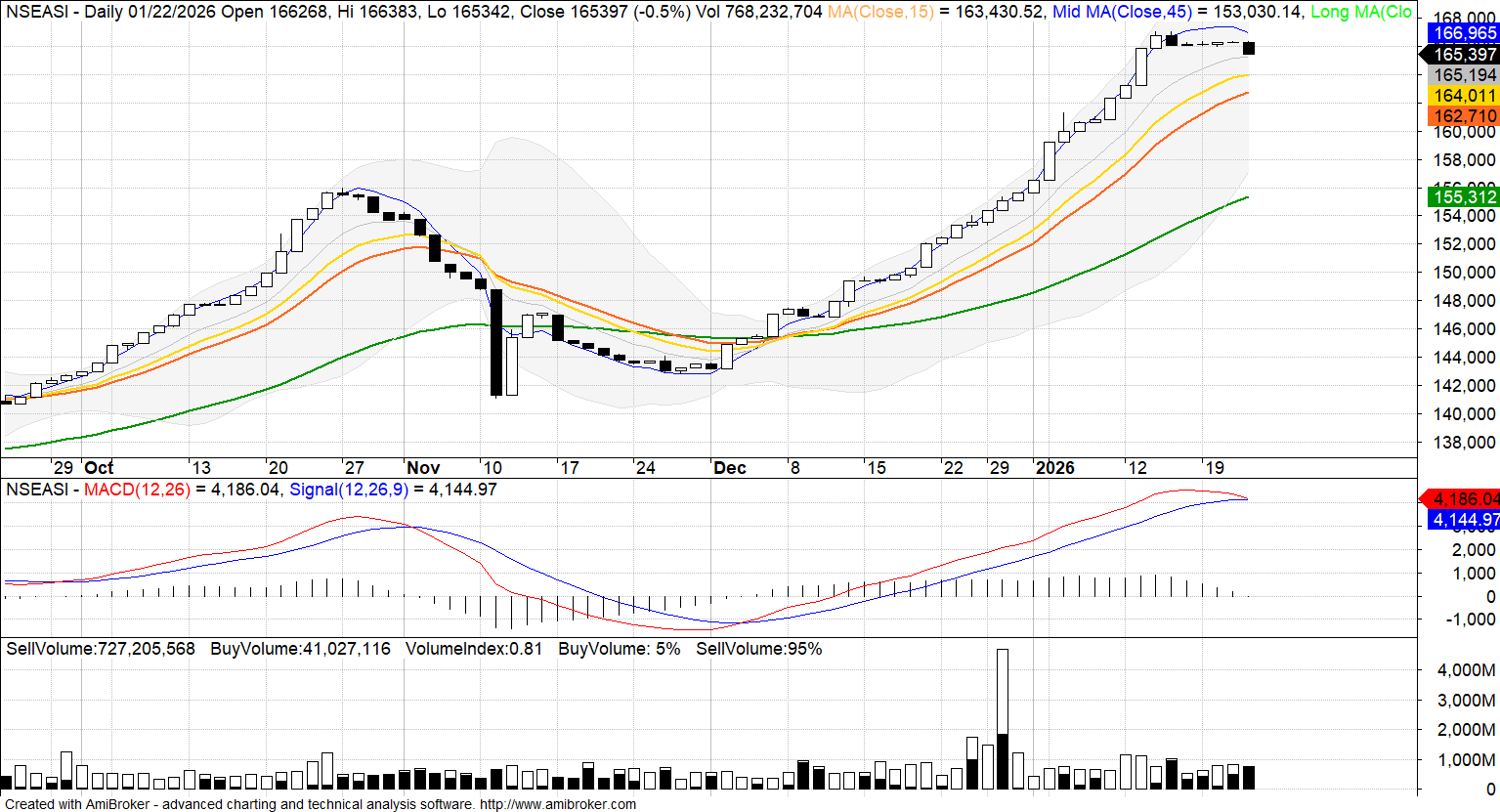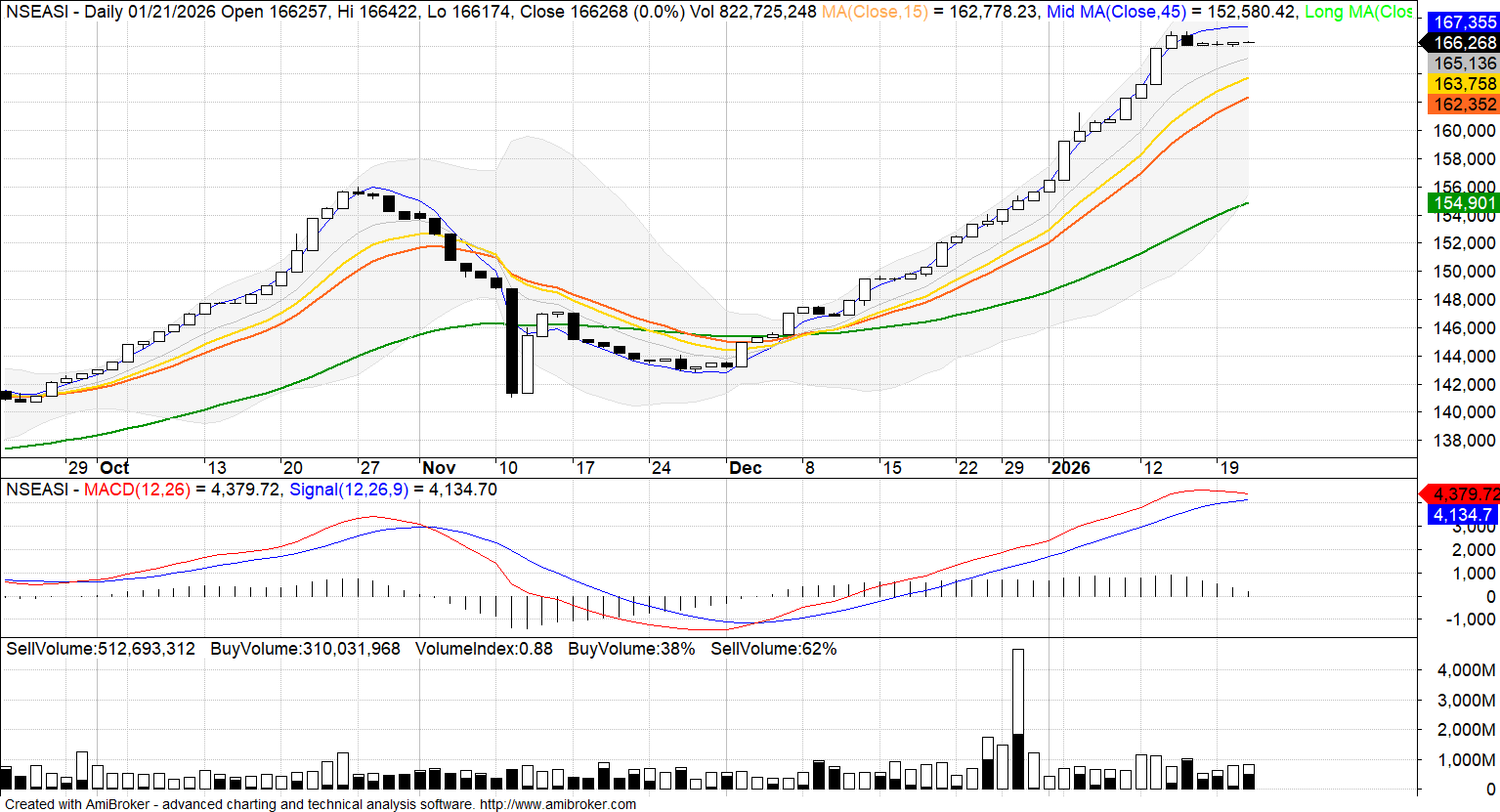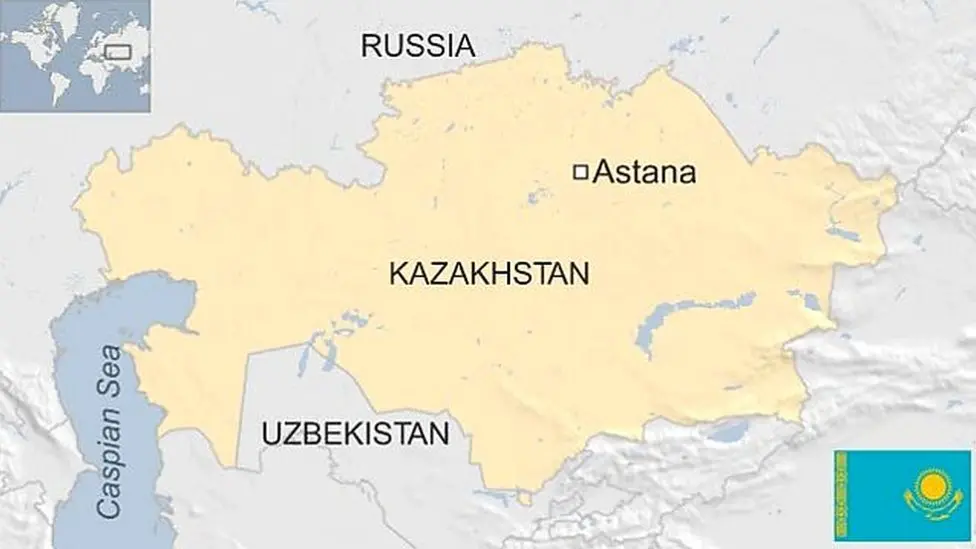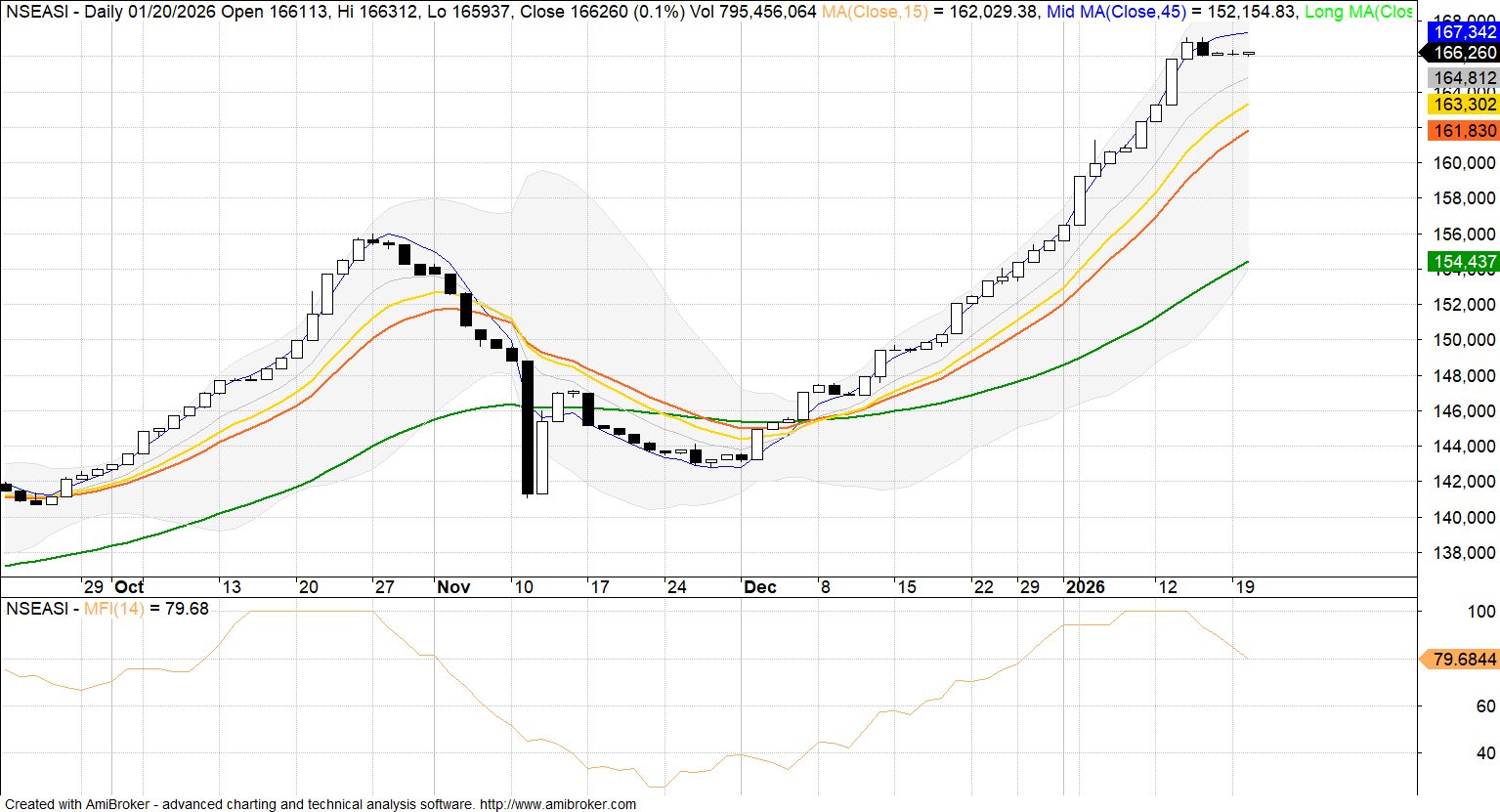
With the Coronavirus (COVID-19) pandemic wrecking so much havoc within the first four months of the year already, the International Monetary Fund (IMF) says the global economy is poised for the worst recession in almost a century.
In its World Economic Outlook released on Tuesday, the IMF says sub-Saharan Africa is not spared, as it goes into recession with gross domestic product contracting by 1.6% this year, as against last year’s 3.1% growth, propelled by its largest economies- Nigeria and South Africa.
While outlook forecasts a sharp 3.4% decline in Nigeria’s gross domestic product this year, compared to a 2.2% growth in 2019, it comes behind the 5.8% fall in South Africa’s economy, from a growth of 0.2% in 2019. Angola, another major oil producer on the continent is expected to remain in recession, contracting 1.4% in 2020.
However, to ensure the global economy is saved from another round of recession or at least mitigate the risk, the IMF and the World Bank are already offering a cocktail of emergency funds to African countries and others to combat the pandemic and mitigate the impact of sweeping shutdowns aiming at curbing its spread.
For example, the IMF says it is making available the sum of $1tr to actively support its member countries, while the board of the African Development Bank (AfDB), last week set aside $10bn to help its member countries avoid the worst-case scenario.
This is just as the AfDB estimates that the contraction will cost the region’s economies between $35 billion and $100 billion, due to an output decline and a steep fall in commodity prices, especially the crash of oil prices.
Professor Oyelaran-Oyeyinka, Senior Special Adviser on Industrialization to the President of the AfDB lamented in an opinion piece that the pandemic has “brutally exposed the hollowness of African economies on two fronts: the fragility and weakness of Africa’s health and pharmaceutical sectors and the lack of industrial capabilities (READ MORE).”
The outlook slashed the IMF’s global growth forecasts, saying it is now billed to shrink by 3% this year, compared to the growth of 3.3% projected in January, warning of “cracks” in the global financial system that could result in a credit crunch.











